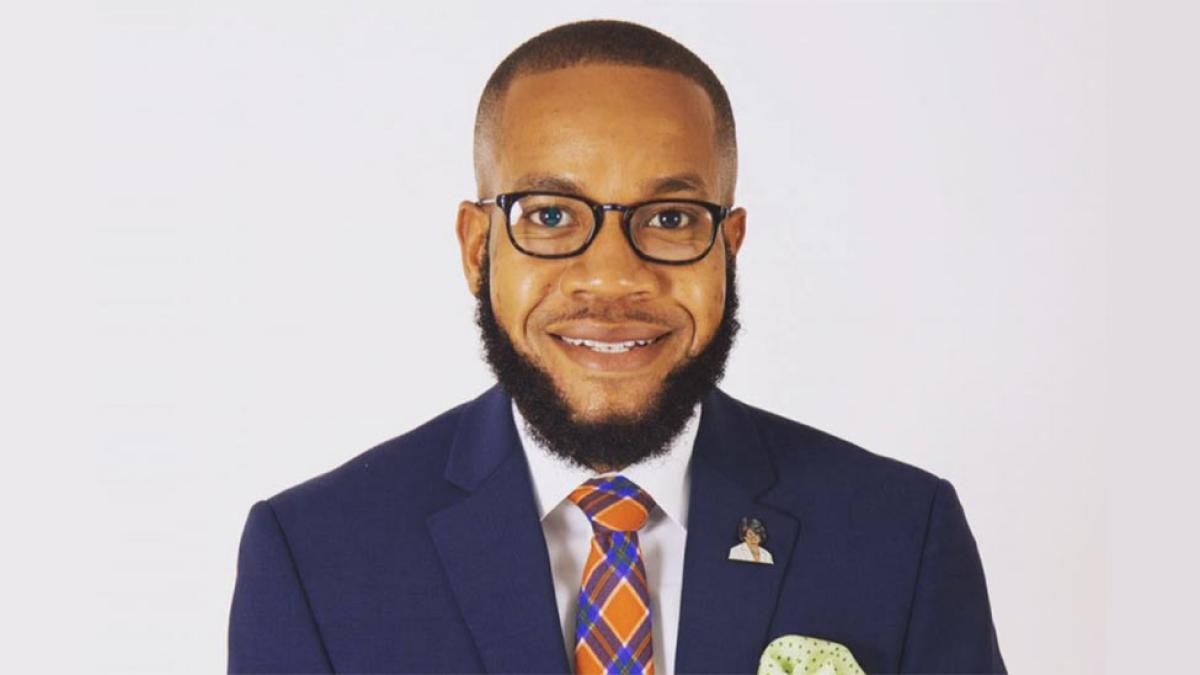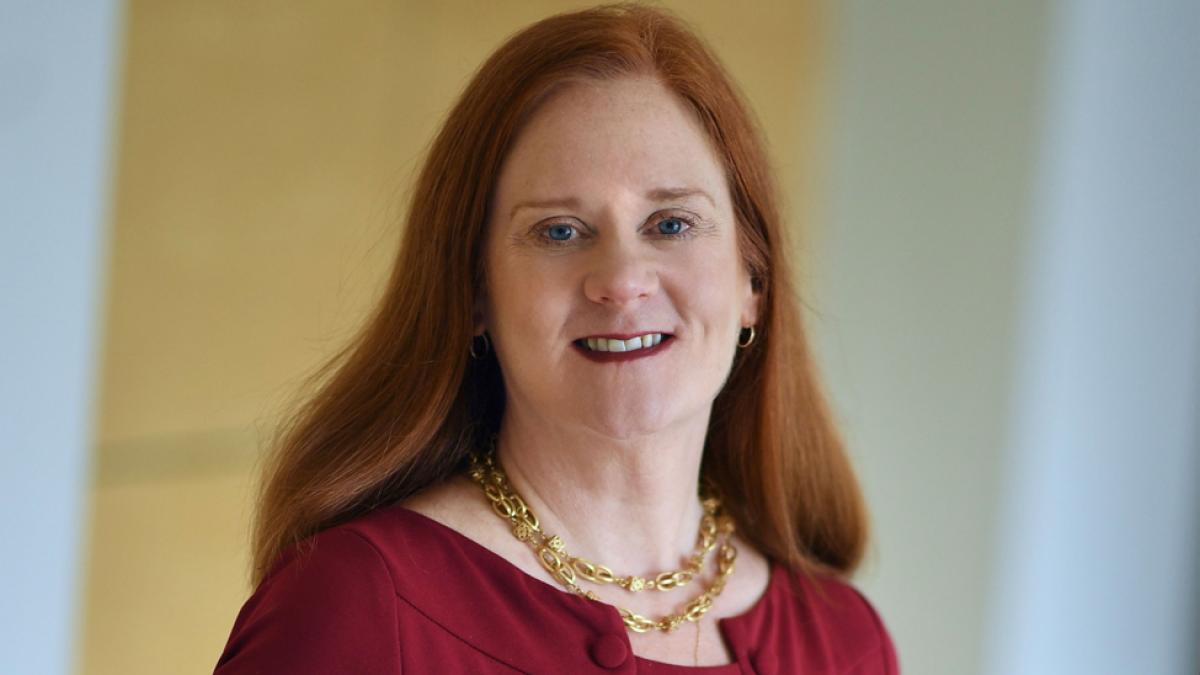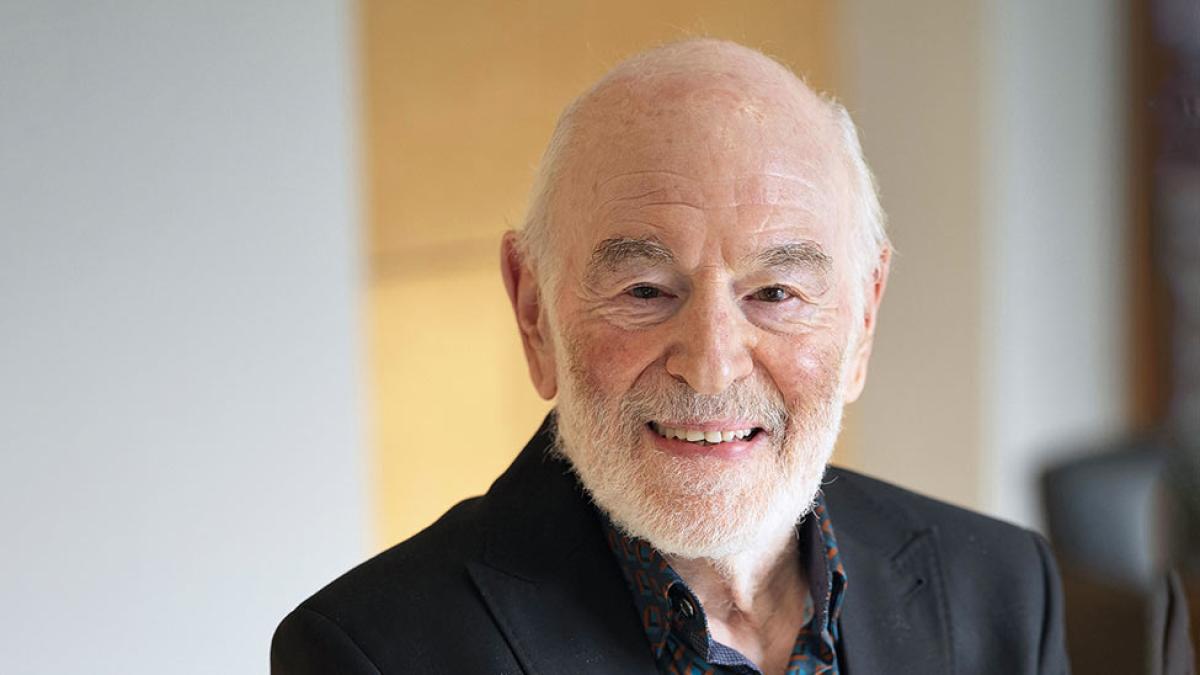Pace University News
Pace Now
Pace News
Latest News
Dyson Economics Professor Mark Weinstock provides an expert analysis to News 12 Westchester on the financial strain of back-to-school shopping. “This year is going to be more expensive,” Professor Weinstock explains, noting that families are adjusting by purchasing fewer items. His commentary supports local residents’ concerns that essential supplies are costing significantly more than in previous years.
Dyson English Professor Eugene Richie and recently retired Poet in Residence Charles North led the first annual John Ashbery memorial birthday reading at Christ Church Episcopal in Hudson, NY, where Ashbery was a longtime member. The event featured 12 writers, was livestreamed on WGXC 90.7 FM, and is now available via Wave Farm Radio.
In a New York Law Journal op-ed, Professor Gershman addresses the federal court ruling in Benitez v. Francis, condemning what he describes as “detention roulette”—the practice of ICE agents arresting immigrants outside court—and warning that such tactics undermine constitutional due process.
Dyson Professor Melvin Williams addresses a viral incident involving Crumbl Cookies’ CEO, exploring the boundary between representation and exploitation: “There is a vast difference between audiences raising legitimate concerns about exploitative, LGBTQ-mediated representations and queerbaiting.”— both stories were syndicated widely, including in Asheville Citizen-Times, Detroit Free Press, The Democrat and Chronicle, Iowa City Press-Citizen, The Indianapolis Star, and more.
Assistant Vice President of Public Affairs Jerry McKinstry joined Stephanie Spruck '24 on her podcast With Hope, which focuses on mental health and wellness. The two first met through The RADical Health program, which McKinstry helped bring to Pace five years ago. Their wide-ranging conversation explored career paths, personal purpose, and the impact of mindfulness and meditation. Fittingly, they ended on the show’s central theme—the power of hope.
The Esports Advocate features Pace University as one of 12 institutions contributing to a new study examining the landscape of collegiate esports. The research used mixed methods to explore opportunities and challenges facing universities in building competitive gaming programs.
Lubin Professor Chiagouris weighs in on podcast engagement metrics, noting that incentivized downloads may distort actual listener interest.
Environmental Studies and Science Conservation Center Manager Jacob Reiter speaks to WSRYR-TV about how fall bird migration may impact avian flu patterns. Reiter, a licensed wildlife rehabilitator and NYS conservationist, discusses implications for wildlife management— the story gets picked up by Yahoo News and The Extinction Chronicles.
Lubin Professor Andrew Coggins Jr. provides expert insight to WalletHub’s annual ranking of the Most Fun States in America, highlighting travel trends and leisure metrics.
Marketing Professor Larry Chiagouris speaks to Channel News Asia about how younger U.S. consumers are more price-conscious and willing to try new brands.








